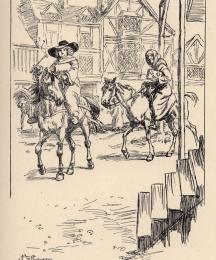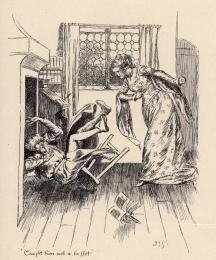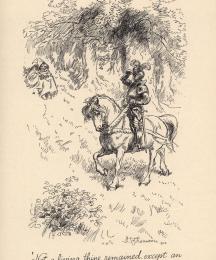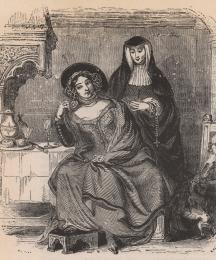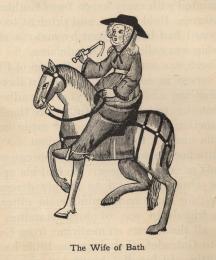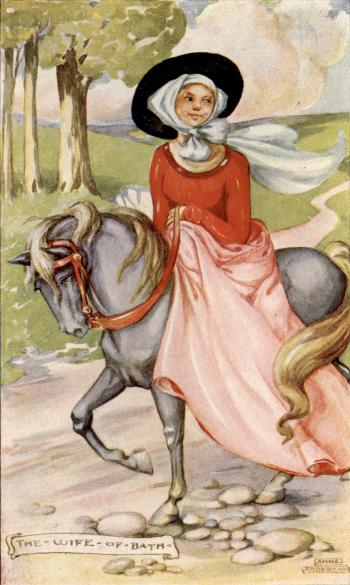
"A good Wif was ther of biside Bathe,
But she was somdel deef, and that was scathe.
Of clooth-makynge she hadde swich an haunt
She passed hem of Ypres and of Gaunt.
In al the parisshe wif ne was ther noon
That to the offrynge bifore hire sholde goon;
And if ther dide, certeyn so wrooth was she
That she was out of alle charitee.
Hir coverchiefs ful fyne weren of ground;
I dorste swere they weyeden ten pound
That on a Sonday weren upon hir heed.
Hir hosen weren of fyn scarlet reed,
Ful streite yteyd, and shoes ful moyste and newe." (445-457)
The Wife of Bath's Tale described the adventures of a knight, who is sent out to answer the riddle of what women most desire as punishment for raping a young maiden. For most of the year, the knight despairs at the many answered provided by those he meets; when his time is almost up, he meets a hideous old woman who provides an answer on the condition that the knight will grant her a future unnamed request. The woman's answer - that women want sovereignty - saves the knight's life, and the old woman insists before the court that the knight fulfill his promise and marry her. On their wedding night, when they are alone, the knight is horrified at the idea of sleeping with her. The woman asks which he would prefer: an ugly but faithful wife, or a young wife who might be unfaithful. He leaves the choice up to her; because he has granted her sovereignty, she promises to be beautiful and faithful, transforming into a beautiful young woman.
But she was somdel deef, and that was scathe.
Of clooth-makynge she hadde swich an haunt
She passed hem of Ypres and of Gaunt.
In al the parisshe wif ne was ther noon
That to the offrynge bifore hire sholde goon;
And if ther dide, certeyn so wrooth was she
That she was out of alle charitee.
Hir coverchiefs ful fyne weren of ground;
I dorste swere they weyeden ten pound
That on a Sonday weren upon hir heed.
Hir hosen weren of fyn scarlet reed,
Ful streite yteyd, and shoes ful moyste and newe." (445-457)
The Wife of Bath's Tale described the adventures of a knight, who is sent out to answer the riddle of what women most desire as punishment for raping a young maiden. For most of the year, the knight despairs at the many answered provided by those he meets; when his time is almost up, he meets a hideous old woman who provides an answer on the condition that the knight will grant her a future unnamed request. The woman's answer - that women want sovereignty - saves the knight's life, and the old woman insists before the court that the knight fulfill his promise and marry her. On their wedding night, when they are alone, the knight is horrified at the idea of sleeping with her. The woman asks which he would prefer: an ugly but faithful wife, or a young wife who might be unfaithful. He leaves the choice up to her; because he has granted her sovereignty, she promises to be beautiful and faithful, transforming into a beautiful young woman.
Anne Anderson (1874 - 1930)
Edward Coley Burne-Jones (1833 - June 16, 1898)
Edward Henry Corbould (1815 - 1905)
Sir W. Russell Flint (1880 - 1969)
Mrs. H. R. Haweis (1848 - 1898)
M. L. Kirk (1860 - 1938)
Pier Paolo Pasolini (1922 - November 2, 1975)
John Saunders (1811 - 1895)
Hugh Thomson (1860 - 1920)
Anne Anderson (1874 - 1930)
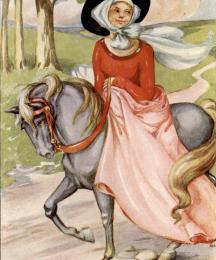
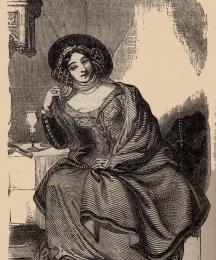
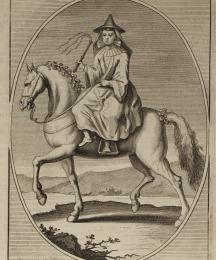
Edward Coley Burne-Jones (1833 - June 16, 1898)
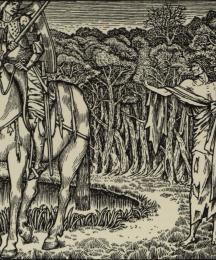
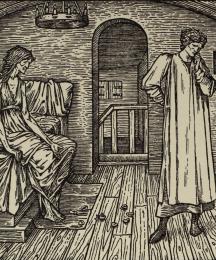
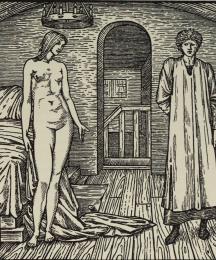
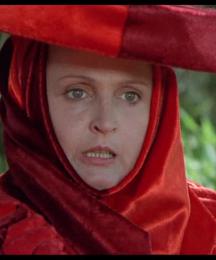
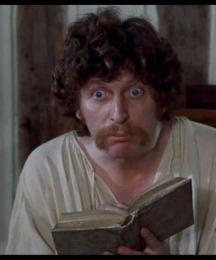
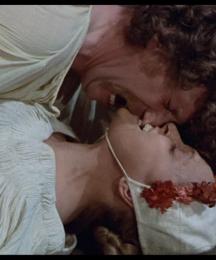
Edward Henry Corbould (1815 - 1905)
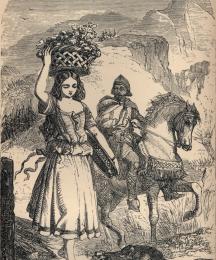
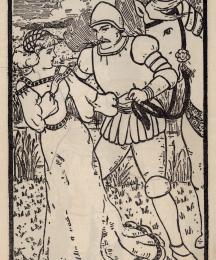
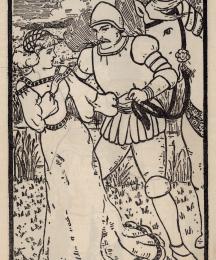
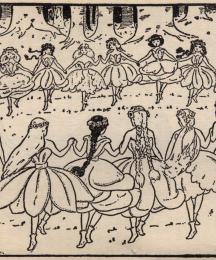
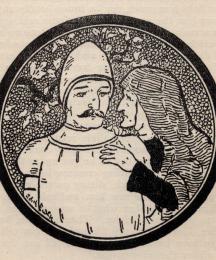
Sir W. Russell Flint (1880 - 1969)
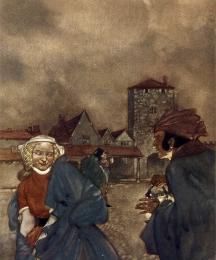
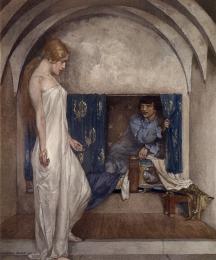
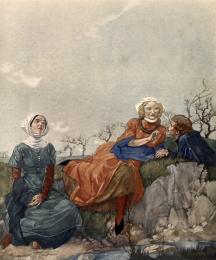
Mrs. H. R. Haweis (1848 - 1898)
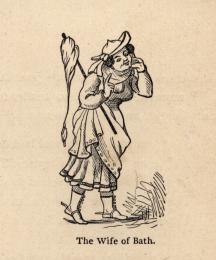
M. L. Kirk (1860 - 1938)
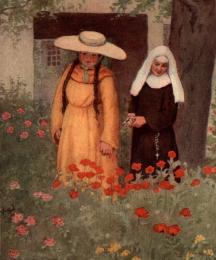
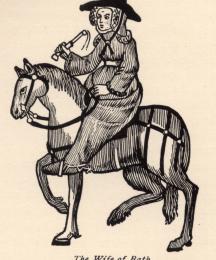
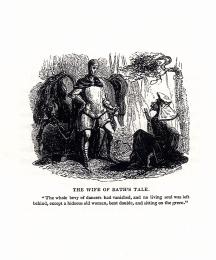
Pier Paolo Pasolini (1922 - November 2, 1975)



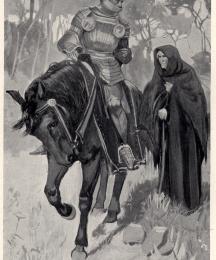
John Saunders (1811 - 1895)
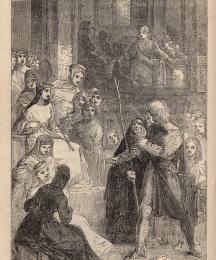
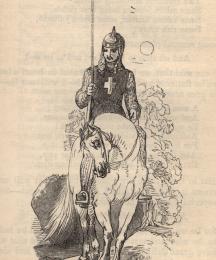
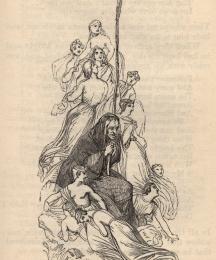
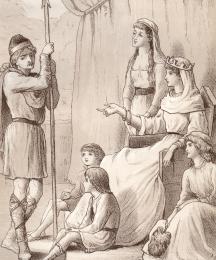
Hugh Thomson (1860 - 1920)
